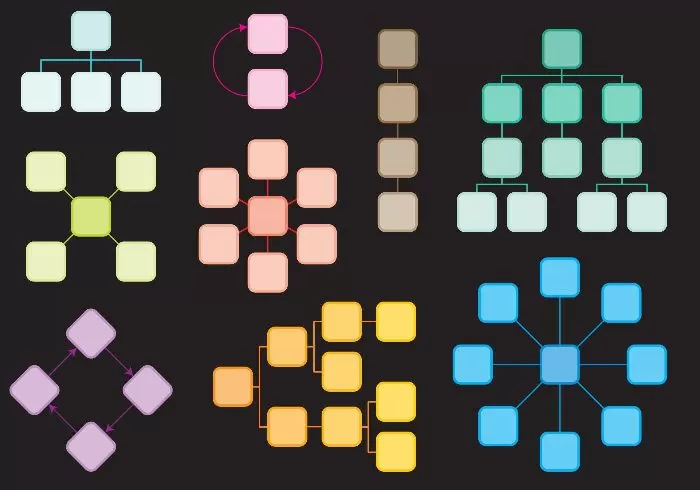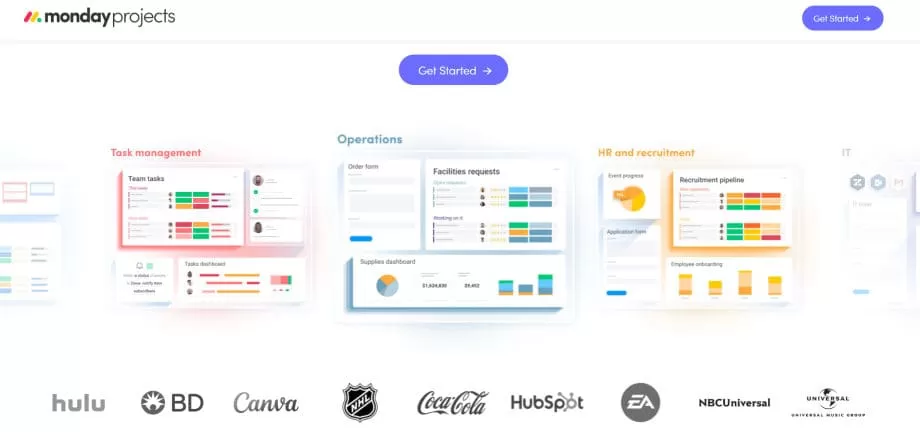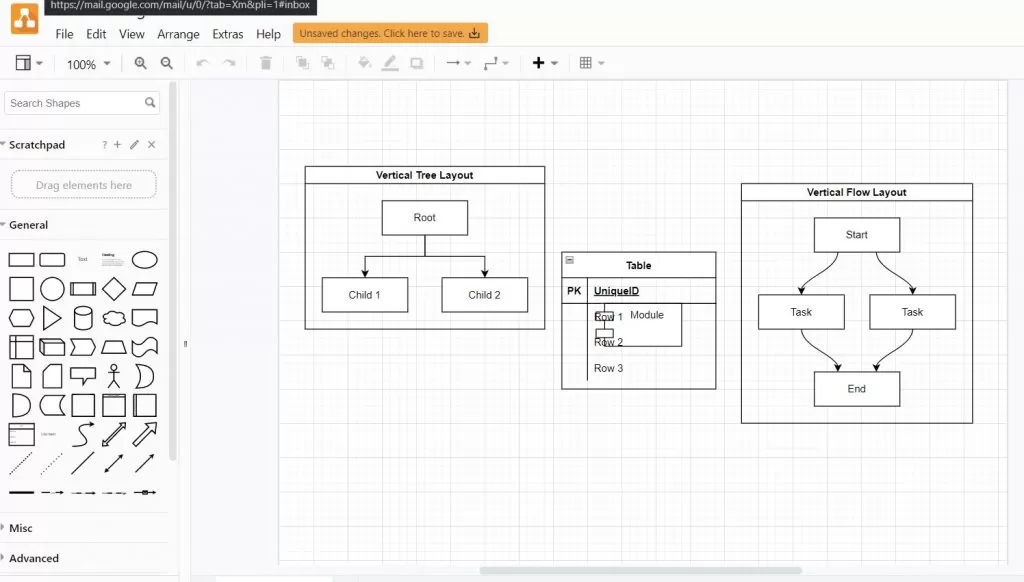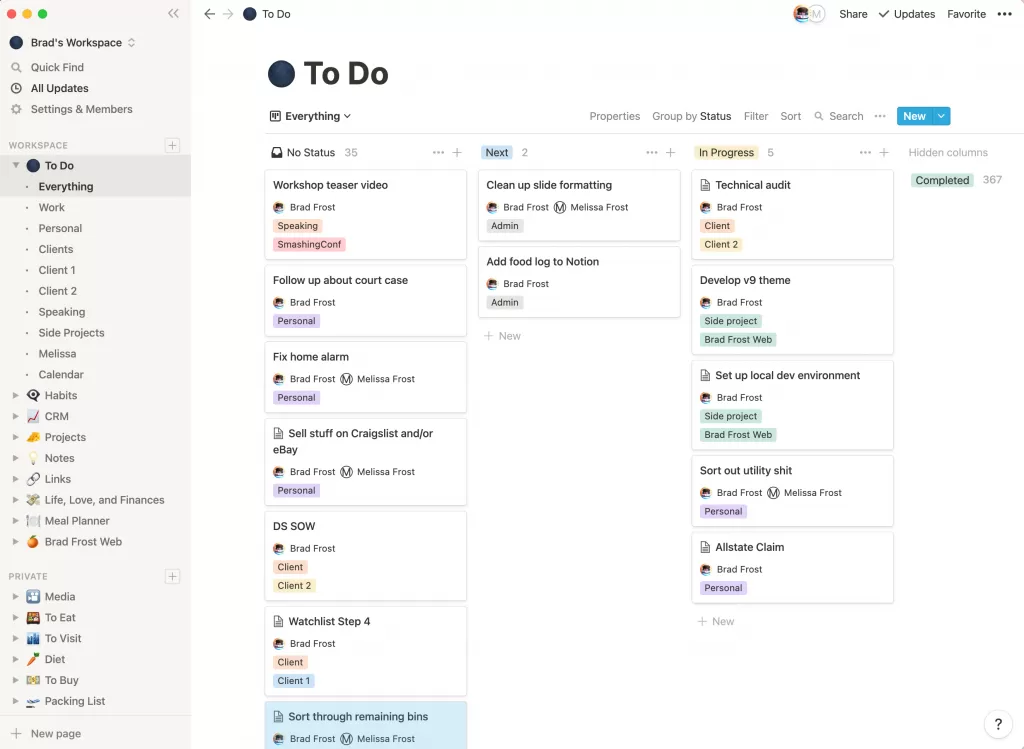The ultimate guide on how to study
Introduction
Studying is hard work, but that doesn’t mean it has to be a chore. In fact, with some planning and the right tools at your disposal, studying can be enjoyable, rewarding and exciting. In this article, I will outline what I have found to be the ultimate guide on how to study. Although there may not be a single best way to study (and what works for one person may not work for another), here are some of my tips that have helped me get through my classes in high school, university and online study with a Polytechnic:
Start early and make a plan.
The six steps to planning your study:
- Start early.
- Make a plan.
- Make a list of topics, questions, resources and subheadings on the topic being studied.
- Do a mind map or use some other visual tool to organize your thoughts.
- Break down larger subjects into smaller chunks or sub-topics.
- Write out your study plan and schedule how much time you are going to spend on each topic every day/week/month until the exam date (don’t forget to include revision time).

Read the material with a pen in hand.
Always make general notes as you study. Even with documents on your device, highlight the main points. Once you\’re finished reading, go over your notes and clean them up. Organise them in a mind map, diagram or your own document. I always liked mind maps as you can see at a glance all the aspects and connections of topics.
If you don\’t understand something or want to remember something, write it down on a separate piece of paper with an explanation as to why it\’s important. If there are any big concepts that were introduced in your study text, write them down too—these could be great topics for review later on!

Review the material regularly.
This step is where you should be spending the bulk of your time. As you\’re reading and learning, you need to constantly be reviewing the material.
When you’re reviewing, don’t just read over what you’ve already learned; look for patterns in the material, and try to break it down into something more meaningful and memorable. When you come across a concept that\’s difficult for you, go back through your notes or flashcards to help yourself understand it better.
Make sure that each time you read through your notes (or even just flip through them), you are looking at every single word or phrase on every page as if you had never seen it before in your life. You need to ask yourself questions like “what does this mean?” or “is there anything similar?”
An even better idea is to make up an example of what you are studying and work through it. Draw diagrams! Even though we live in an era of digital devices, pen on paper can make things easier to remember. Having notes in your hand to read and the act of physically writing or highlighting those notes can have a great effect on helping you learn.
Make an outline that reflects major themes in the text.
Make an outline that reflects major themes in the text you’re studying. An outline can be a great way to understand a text, but it\’s not always easy to do. To make sure your outline is good and effective, ask yourself these questions:
- Is my outline logical? Does it follow the order of events or ideas in my reading? Does it reflect a logical progression from one idea to another?
- Is my outline complete? Have I included every important idea in my reading, or am I leaving out some key points because they don\’t fit into my current version of the storyline?
- Is my outline easy to read and follow? When I read through the whole thing, does it sound like something someone would say out loud? If so, then you\’re doing well!

Make flashcards to help you memorize the material.
Flashcards are a great way to help you memorize material. If you\’re trying to learn new vocabulary, grammar, maths shortcuts, coding methods or concepts, flashcards can be used to help you do so by presenting the same words, phrases, or formulas over and over again until they become ingrained in your memory.
The best thing about flashcards is that they\’re easy to make and take with you anywhere. You can even use them while commuting on public transit—just be sure not to annoy your fellow commuters!
Stay organized.
Staying organized is important if you want to be able to study effectively, so make sure your schedule reflects that. You can use a calendar or planner to keep track of what days and times you have free and when they\’re taken up with other commitments. You can then use this information as the basis for scheduling your studying time.
You can also use a to-do list app like Monday or Google Keep to prioritize tasks on the go. This will help ensure that nothing slips through the cracks when it comes time for action items related to self-improvement and personal growth.

As mentioned earlier, if you are a visual learner like me, you may find mind maps helpful when trying to organize your thoughts around a particular subject or task at hand. Draw diagrams and put them on your wall or in your notes.
Here’s another free diagram drawing app: https://app.diagrams.net/

Finally, having someone else hold you accountable helps keep you on track with your studies by making sure there\’s another person looking over everything as well! If they notice something missing from your study plan before it\’s too late then they can let you know.
Use mobile apps to help you organize your studying time.
Use mobile apps to help you organize your studying time. There’s no shame in using technology as a tool to make studying more efficient—and there are plenty of amazing mobile apps to help you stay organized, find resources, and even develop great study habits. As an added bonus, some of these apps will even help you remember things long after the semester has ended!
Here are just a few examples of what these apps can do:
- MyHomework (Android or iOS): This app lets you track all of your assignments in one place. You can also set notifications so that it reminds you when papers are due and provides easy access to other helpful tools like calendars and spreadsheets. You can even use this app as an extra resource for teachers who have their own websites where they post class announcements, homework assignments, etc. PLUS they have a free version!
- Notion is a great App I use on my laptop and mobile. You can synchronise one account across your devices. You can organise and save pages you visit, plan things to do, save something for later, plan your week, organise your time and much more! This is also free!

Studying is hard work, but it can be made easier.
Studying is hard work, but it can be made easier by planning ahead and making good use of the available resources.
There are many strategies for studying, such as reading a textbook or going through your notes and flashcards with a friend or family member before an exam or taking practice tests online. The most effective way to study is to first get a general idea of what information you need to know and then focus on studying only that information until you have it memorized.
These main points should be the headlines and subtopics mentioned earlier and the main points on your mind map or diagram.
This may require a lot of time in the beginning because there will likely be more material than you can learn quickly, but once you\’ve internalized everything that was covered on previous exams, this method will allow you to spend less time reviewing and more time learning new material.
Conclusion
Studying can be a daunting task, but it doesn’t have to be. Remember that studying is a lifelong skill that you can use throughout your academic career and beyond. With some planning ahead, good organization, and discipline, you will be able to master this art of reading and understanding information quickly.
If you have some more tips you want to add, put them in the comments below!
Keep up to date and subscribe for more great tips:
For more tips, link up with me on LinkedIn or Facebook:


